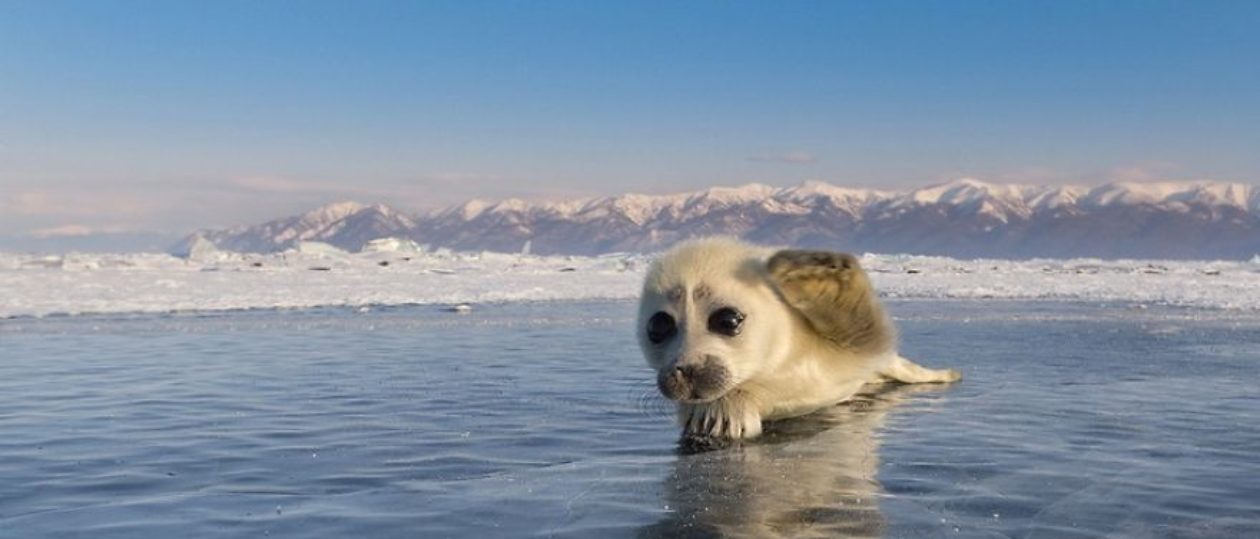
I recently watched a great short film: https://ny.pbslearningmedia.org/resource/keystone-species-trophic-cascades/some-animals-are-more-equal-than-others-the-serengeti-rules/ about keystone species.
Keystone species are animals which have large impacts on their ecosystems, despite not being abundant in their numbers. Their presence cascades down the food chain and affects the very structure the of ecosystem where they live. Sea otters in the North Pacific, for example, keep kelp forests intact, directly controlling populations of some species such as sea urchins, and indirectly controlling the populations of other species such as snails and crabs which rely on kelp as a source of food. If you remove the sea otter from the system, the sea urchins would eat all of the kelp, leaving nothing for the snails and crabs. Wolves, bees and African elephants are also keystone species. Keystone species are crucial in maintaining biodiversity, as they help create the conditions for other wildlife and plants to thrive.

